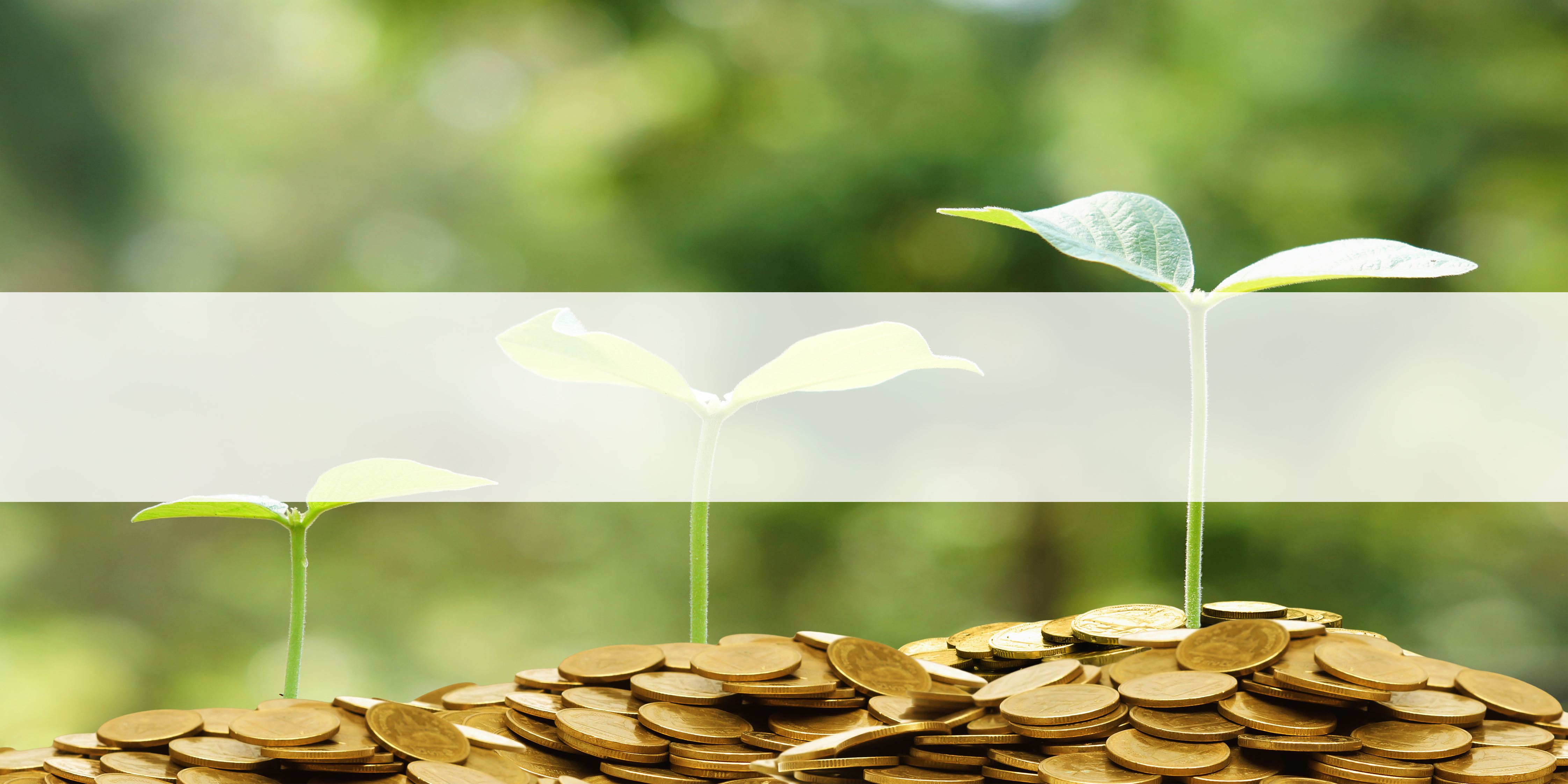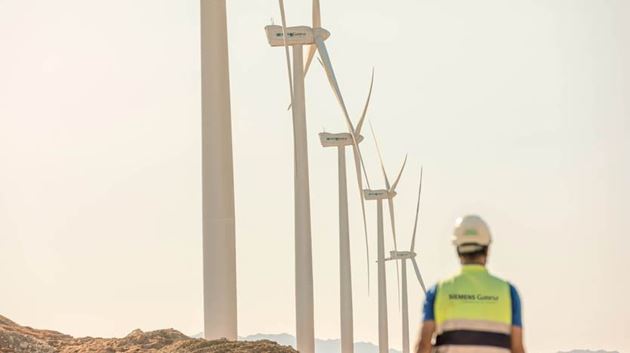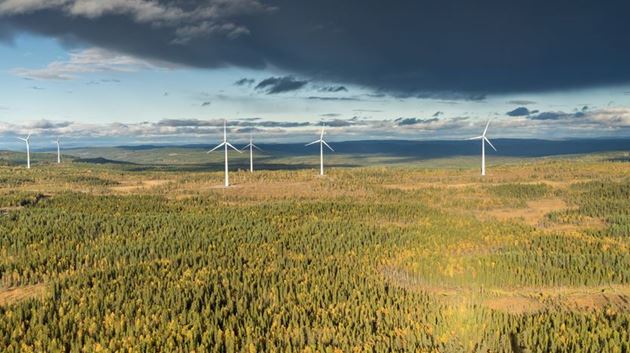
Global Finance Goes Green
The transition to clean technologies must be led by a change in how energy giants allocate their capital
Orlando / 17 April 2020
On December 2019, the EU Commission presented the European “Green Deal”, with the ambition of becoming the first climate-neutral bloc in the world by 2050. The European Green Deal's Investment Plan will mobilize public investment and help to unlock private funds through EU financial instruments, notably InvestEU, which would lead to at least €1 trillion of investments. The EU Green Deal, although it is European in scope, highlights the systemic change that is to come.
Oil and gas majors are beginning to heed the call of the International Energy Agency (IEA) to invest more capital in renewable energies. Saudi Aramco recently announced a second round of $500m of investment fundraising for its Energy Ventures arm, which invests in sustainable ventures such as energy storage and clean transport. Norwegian oil company Equinor has committed to slash its greenhouse gas emissions and plans to develop significant offshore wind in the U.S., where Royal Dutch Shell is also partnering in offshore wind developments. Meanwhile, some of the world’s largest traditional utilities, from Iberdrola and Electricté de France to Orsted and Enel, are also transitioning to a greater share of renewable energy in their portfolios.
The transition to clean technologies must be led by a change in how these energy giants allocate their capital. Their experience and technical competencies, not to mention existing infrastructure, hold tremendous value for deploying clean solutions rapidly and cost-effectively. Technology development and industrial scaling for new technology is capital-intensive, but its risks can be better managed by leveraging the capabilities of these large energy companies as well as their balance sheets.
Why rate on Environment, Social and Governance (ESG) – risk and resiliency
A tectonic shift is underway in the world of risk management that ultimately puts a price on climate change. An international consortium of actuaries surveyed their members and found that climate change was ranked as the top risk for 2019, surpassing headline risks such as terrorism and cyber threats. It is clear that insurance companies will build these risks into their premium structures and the costs of bearing those risks will only continue to escalate in the absence of action. Swiss Re has confirmed that weather uncertainty will drive insurance premiums higher and announced that it will no longer insure or reinsure businesses that earn significant revenue from certain fossil fuels.

Global financial markets are responding to these trends. The Sustainable Stock Exchanges Initiative, a United Nations Partner Program to promote responsible investment in sustainable development, counts 94 public stock exchanges as partners. We are proud to say that MSCI ESG ratings, designed to support common approaches to ESG and help institutional investors more effectively benchmark to ESG investment performance, as well as manage, measure and report on ESG mandates, has just upgraded Siemens Gamesa to an “A” rating, the latest sustainable investing triumph for a company that also boasts a €2.5b green syndicated credit facility and numerous other top index rankings. ESG investing is paying dividends not only for shareholders but also for a firm’s long-term success. BlackRock is one of the latest in a string of major financial institutions announcing a change in how it will evaluate the climate impacts of its investments, as countless pensions, sovereign wealth funds, and major endowments are now divesting from fossil fuels and polluting technologies.
Sustainability – a relevant theme in the financial world
Siemens Gamesa is clearly pioneering this sustainable movement of the financial community. The company has closed a syndicated loan, bilateral agreements, derivatives and bank guarantee lines in ESG structures. The appetite from financial institutions in this regard is very high, with ESG-linked facilities booming in syndicated loan markets.
Solving our current climate crisis will require all of the creativity, capital and courage that we can collectively bring to bear, in nearly every aspect of our modern lives. Through collective action and ingenuity, we can make real what matters – clean energy for generations to come.



